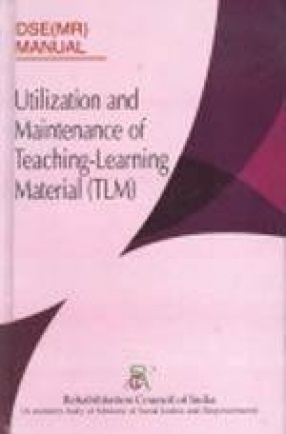With the emergence of two rival European powers—Tsarist Russia and Britain in Asia, Afghanistan turned into the centre-piece of the ‘Great Game’ played by the two powers during the nineteenth century. Both the powers desired to extend their influence upto Afghanistan and beyond in Central Asia without in any way getting involved into any direct clash between each other. In the mean time, the supposed Franco-Persian threat to India and Afghanistan led the British to conclude a treaty of mutual defence in 1809 with Shah Shooja of Kabul. However, misfortune came and Shah Shooja lost his throne and found asylum at Ludhiana under the protection of the British Government in 1816. Later in 1837, Persia laid a siege to Herat on the west, creating difficult situation for Afghanistan. Maharaja Ranjit Singh of Punjab occupied Peshawar. As a result of this debacle, Dost Mohammad sought support of Lord Auckland, the British Governor-General of India against the Sikh aggression. Alexander Burnes was deputed by Lord Auckland to lead a mission to Kabut to discuss commercial matters with the Amir of Afghanistan. But the real purpose of Burnes mission was to find out ways and means for checking the Russo-Persian advance in the west, establishing friendly relations between Dost Mohammad and Ranjit Singh, making new arrangements with Afghanistan and dissuading the Amir from insisting too much on the recovery of Peshawar. However, the failure of Burnes’ mission and lack of any firm and clear cut policy towards Afghanistan, led Dost Mohammad to make friendly overtures to Russia and Persia. British relations with Dost Mohammad deteriorated further as the former considered it necessary to support Maharaja Ranjit Singh if Afghans were supported by Russia in their advance towards Peshawar. It was not decided to replace Dost Mohammad with someone who would accept Maharaja Ranjit Singh’s occupation of Peshawar and also support the British policy towards Afghanistan. Shah Shooja was chosen as the replacement. It is in this background that the first Anglo-Afghan war (1838-42) was imposed on Afghanistan. The book describes the circumstances leading to the first Anglo-Afghan war. It gives details of the administration of Lord William Bentinck and relations between the British Government and the frontier powers at the close of his rule. The British policy towards Afghanistan under Lord Auckland, the Governor-General of India and Burnes’ mission to Kabul have also been dealt in length. Various events leading to the war and its consequences including the defeat of Dost Mohammad by the British as well as post war situation in Afghanistan during which British army faced resistance and leaders of the British mission like Burns and Macnaughten were killed, have also been recorded. Besides, the book deals with the disastrous end of Lord Auckland’s forward policy and the arrival of his successor Lord Ellenborough who decided to withdraw the British army from Afghanistan.
Microfinance and Women Empowerment: Performance of Rashtriya Mahila Kosh in North-East India
Microfinance or more ...
Rated 5.00 out of 5
$48.60
$54.00







There are no reviews yet.